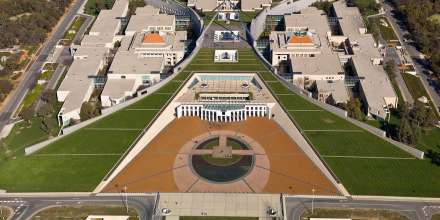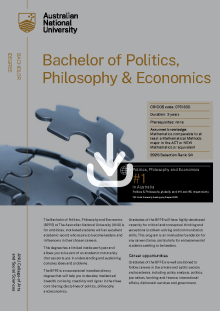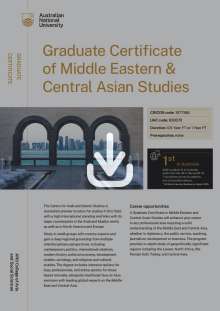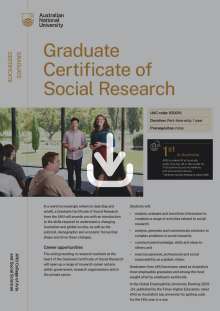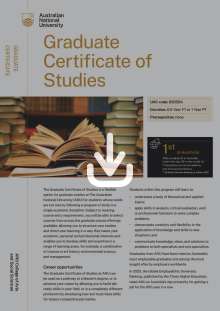
Politics, Policy and International Relations
We all know that citizens in some countries have more political freedom than citizens in others. But how do you measure freedom? If climate change is a global issue why doesn’t policy reflect that? If tomorrow’s technologies will make critical decisions autonomously, how do we develop them to think ethically? There are many questions confronting society today and only through understanding different moral, economic and political perspectives can you consider all answers: technical, ethical and practical.
Political Science is the study of human relationships that involve power, rule, or authority. It is about how societies govern themselves and how societies ought to be governed. It is about the political behaviour of individuals and groups that occurs in all societies according to the power they have access to. Specialities in the field include comparative politics and political theory, as well as a deep dive into the institutions of Australia in a globalised world.
Human Rights explores the theoretical frameworks, policy instruments, and contemporary issues in the field of international human rights. It seeks to understand the evolution of human rights in its philosophical, historical, and political contexts, various policy tools and actors for the promotion and protection of human rights, the interplay between human rights theory and practice, and important country cases around the globe.
The study and teaching of International Relations (IR) is at a crossroads within and beyond Australia. The field has traditionally focused upon the (often hostile) engagements between nation-states and/or their diplomatic elites seeking to advance the national interest by war or other means. These are still important themes in the contemporary IR agenda. However, at the beginning of the 21st century, analysts and policymakers require a more comprehensive body of knowledge and deeper understanding of the world and how it operates. As such, IR at ANU brings forward historical modes of analysis into our current era, by examining their application in contemporary scenarios.
Public Policy explores the nature and challenges of government and administration within particular nations and also takes a look at how policy approaches are expressed globally. Multidisciplinary in nature, it develops key theories, principles and approaches providing a foundation for public policy analysis, development and implementation across a range of contexts. It maintains a keen awareness of current social issues, as well as the practical limitations involved in administration of resources, and examines how professionals can best produce outcomes that benefit individuals, groups and countries as a broader whole. Additional themes underpinning this discipline include problem-solving and communication.
Check the School of Politics & International Relations website for more information on the faculty, research, projects, latest news, upcoming events and more.
*QS World University Rankings by Subject 2025
^Times Higher Education - Global University Employability Ranking 2025
Key facts
1 in Australia
11 for Politics in World*
#1 in Australia for graduate employability^
Degree programs
Key facts
2 in Australia
32 for Arts and Humanities in World*
#1 in Australia for graduate employability^
Key facts
1 in Australia
11 for Politics in World*
#1 in Australia for graduate employability^
Key facts
1 in Australia
8 for Philosophy, 11 for Politics in World* and
1 in Australia
39 for Economics in World*
#1 in Australia for graduate employability^
Key facts
#1 in Australia for graduate employability^
Key facts
#1 in Australia for graduate employability^
Key facts
#1 in Australia for graduate employability^
Key facts
1 in Australia
11 for Politics in World*
#1 in Australia for graduate employability^
Key facts
#1 in Australia for graduate employability^
Key facts
#1 in Australia for graduate employability^
Hear from our students
My brilliant career
Watch the video
View discipline flyers
Learn more

Check our series of videos about degree programs, majors and disciplines, and research strengths for your enjoyment.








